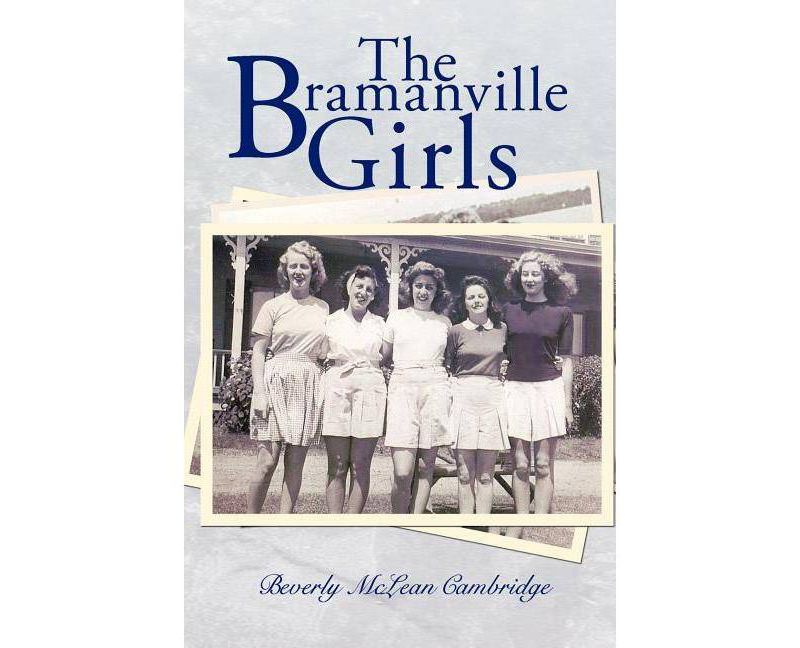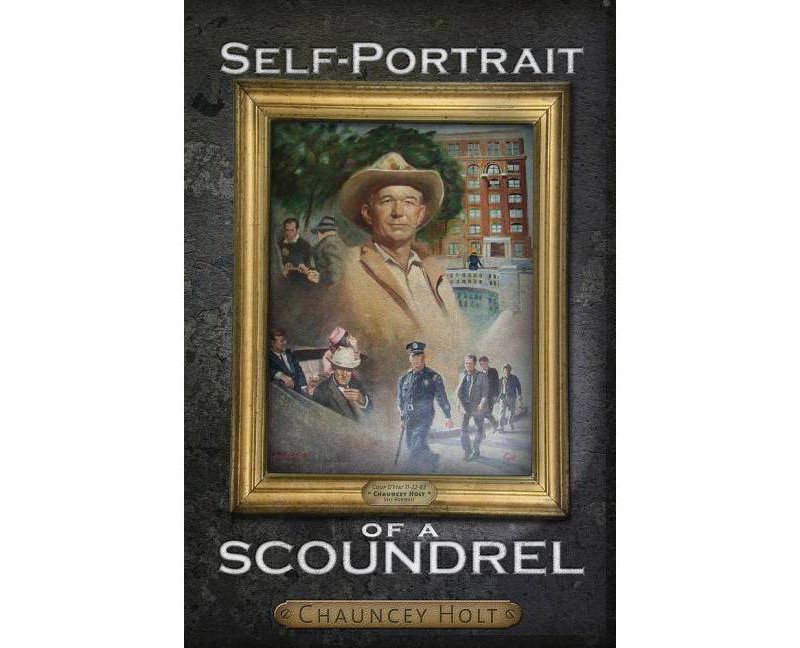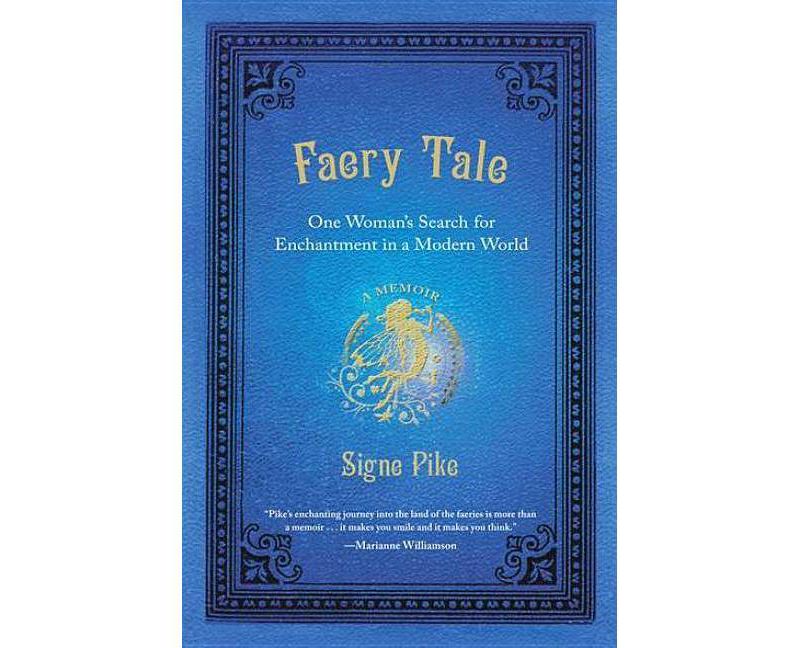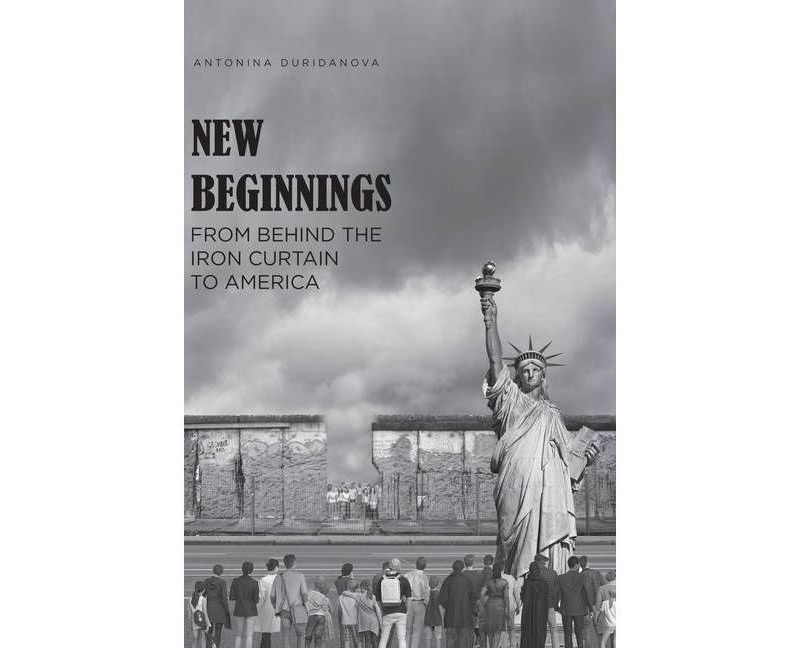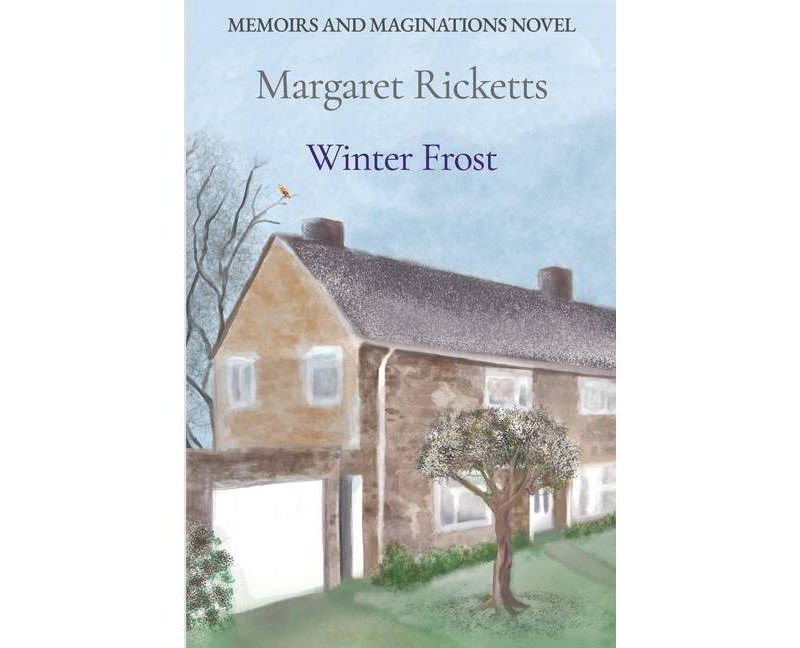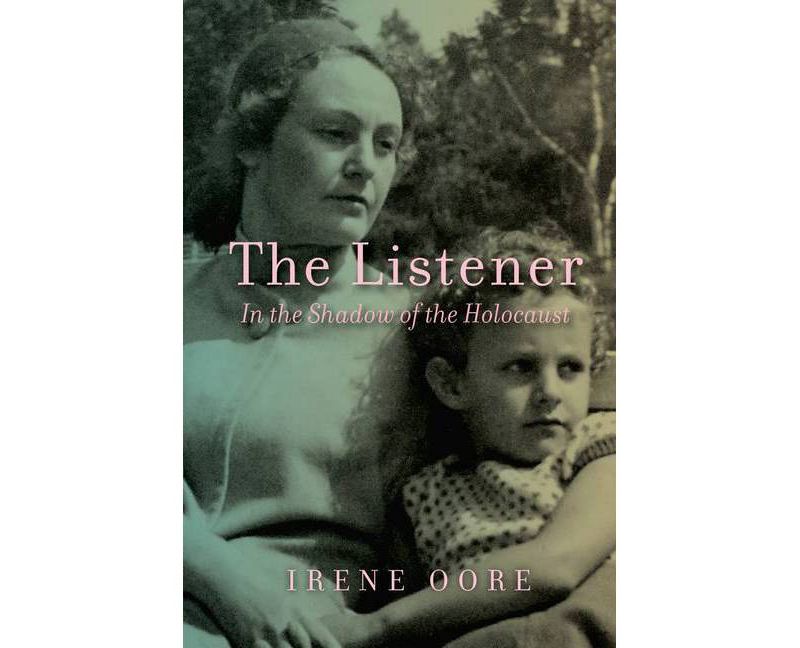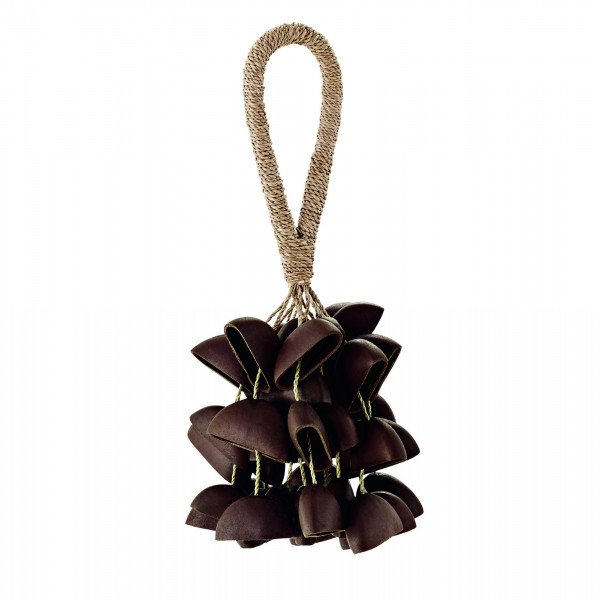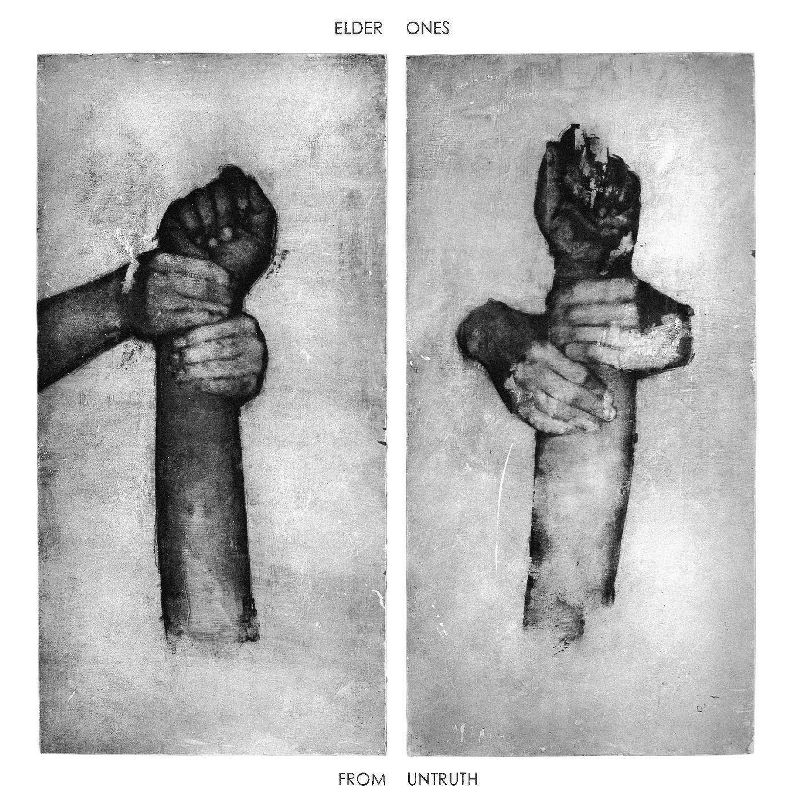Trusted shipping
Easy returns
Secure shopping
Buy Dressed for a Dance in the Snow - by Monika Zgustova (Hardcover) in United States - Cartnear.com
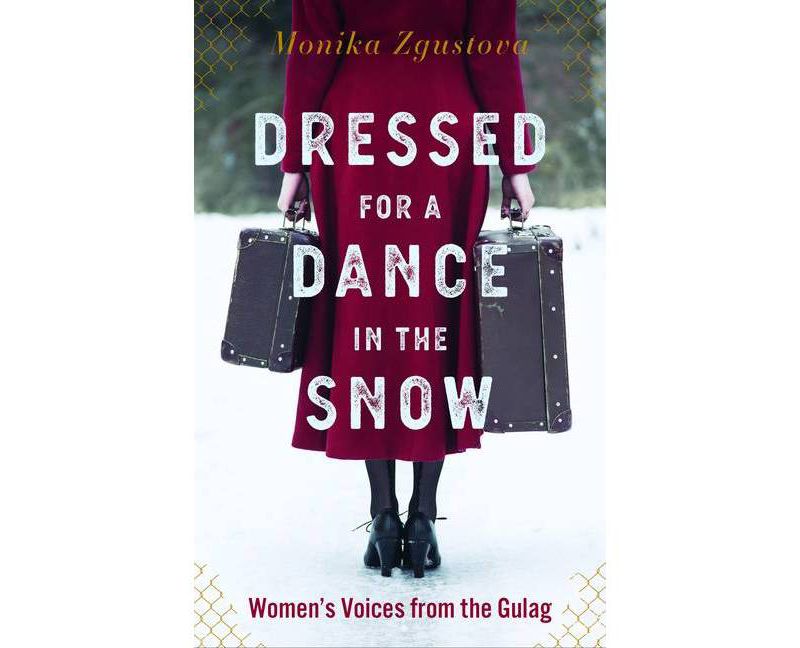
Dressed for a Dance in the Snow - by Monika Zgustova (Hardcover)
CTNR807519 09781590511770 CTNR807519Hudson Baby
2027-01-18
/itm/dressed-for-a-dance-in-the-snow-by-monika-zgustova-hardcover-807519
USD
16.46
$ 16.46 $ 17.15 4% Off
Item Added to Cart
customer
*Product availability is subject to suppliers inventory
SHIPPING ALL OVER UNITED STATES
100% MONEY BACK GUARANTEE
EASY 30 DAYSRETURNS & REFUNDS
24/7 CUSTOMER SUPPORT
TRUSTED AND SAFE WEBSITE
100% SECURE CHECKOUT
Number of Pages: 320
Genre: Biography + Autobiography
Sub-Genre: Political
Format: Hardcover
Publisher: Other Press (NY)
Age Range: Adult
Author: Monika Zgustova
Language: English
"A revelatory attestation to humanity's highest powers." --Foreword Reviews "Vivid...startling...A worthy addition to the literature of the gulag that also features intimate glimpses of the author of Doctor Zhivago." --Kirkus Reviews "A woman keeps a secret diary to describe the magnificent Siberian landscape around her. A man chooses to take his violin instead of his coat into exile with him. Prisoners tell one another fairy tales as they work in the mines. In her book, Monika Zgustova offers a perfect gift, the gift of sensitive listening, to her nine narrators, and as we hear their voices, by turns matter-of-fact, poignant, and powerful, we see the darkest years of Soviet history illuminated, again and again, by small yet radiant flashes of humanity, of art, of beauty." --Olga Grushin, author of The Dream Life of Sukhanov "What extraordinary women and what extraordinary stories are assembled in this unforgettable book. Monika Zgustova brings us the intimate, agonizing experiences of Russia's survivors of the Gulag: history is alive in these pages." --Claire Messud, author of The Burning Girl
"A unique, beautiful, and exhaustive piece of reporting that reads like an exciting narrative full of intrigue...A splendid complement to and continuation of Solzhenitsyn's The Gulag Archipelago." --ABC Cultural "Reading Dressed for a Dance in the Snow makes you freeze, and not just from the cold that blows in from the tundra, but also from sheer fear...Zgustova reconstructs, through memories and confessions, the horror experienced by women in the Soviet Union's prison camps." --El País "These testimonies, so cruel and real, have now been turned into a song of freedom." --Agenda Libros
Genre: Biography + Autobiography
Sub-Genre: Political
Format: Hardcover
Publisher: Other Press (NY)
Age Range: Adult
Author: Monika Zgustova
Language: English
About the Book
"A poignant and unexpectedly inspirational account of women's suffering and resilience in Stalin's forced labor camps, diligently transcribed in the kitchens and living rooms of nine survivors. The pain inflicted by the gulags has cast a long and dark shadow over Soviet-era history. Zgustovâa's collection of interviews with former female prisoners not only chronicles the hardships of the camps, but also serves as testament to the power of beauty in face of adversity. Where one would expect to find stories of hopelessness and despair, Zgustovâa has unearthed tales of the love, art, and friendship that persisted in times of tragedy. Across the Soviet Union, prisoners are said to have composed and memorized thousands of verses. Galya Sanova, born in a Siberian gulag, remembers reading from a hand-stitched copy of Little Red Riding Hood. Irina Emelyanova passed poems to the male prisoner she had grown to love. In this way, the arts lent an air of humanity to the women's brutal realities. These stories, collected in the vein of Svetlana Alexievich's Nobel Prize-winning oral histories, turn one of the darkest periods of the Soviet era into a song of human perseverance, in a way that reads as an intimate family history"--Book Synopsis
Named a Notable Translated Book of the Year by World Literature Today A poignant and unexpectedly inspirational account of women's suffering and resilience in Stalin's forced labor camps, diligently transcribed in the kitchens and living rooms of nine survivors. The pain inflicted by the gulags has cast a long and dark shadow over Soviet-era history. Zgustová's collection of interviews with former female prisoners not only chronicles the hardships of the camps, but also serves as testament to the power of beauty in face of adversity. Where one would expect to find stories of hopelessness and despair, Zgustová has unearthed tales of the love, art, and friendship that persisted in times of tragedy. Across the Soviet Union, prisoners are said to have composed and memorized thousands of verses. Galya Sanova, born in a Siberian gulag, remembers reading from a hand-stitched copy of Little Red Riding Hood. Irina Emelyanova passed poems to the male prisoner she had grown to love. In this way, the arts lent an air of humanity to the women's brutal realities. These stories, collected in the vein of Svetlana Alexievich's Nobel Prize-winning oral histories, turn one of the darkest periods of the Soviet era into a song of human perseverance, in a way that reads as an intimate family history.Review Quotes
"A revelatory attestation to humanity's highest powers." --Foreword Reviews "Vivid...startling...A worthy addition to the literature of the gulag that also features intimate glimpses of the author of Doctor Zhivago." --Kirkus Reviews "A woman keeps a secret diary to describe the magnificent Siberian landscape around her. A man chooses to take his violin instead of his coat into exile with him. Prisoners tell one another fairy tales as they work in the mines. In her book, Monika Zgustova offers a perfect gift, the gift of sensitive listening, to her nine narrators, and as we hear their voices, by turns matter-of-fact, poignant, and powerful, we see the darkest years of Soviet history illuminated, again and again, by small yet radiant flashes of humanity, of art, of beauty." --Olga Grushin, author of The Dream Life of Sukhanov "What extraordinary women and what extraordinary stories are assembled in this unforgettable book. Monika Zgustova brings us the intimate, agonizing experiences of Russia's survivors of the Gulag: history is alive in these pages." --Claire Messud, author of The Burning Girl
"A unique, beautiful, and exhaustive piece of reporting that reads like an exciting narrative full of intrigue...A splendid complement to and continuation of Solzhenitsyn's The Gulag Archipelago." --ABC Cultural "Reading Dressed for a Dance in the Snow makes you freeze, and not just from the cold that blows in from the tundra, but also from sheer fear...Zgustova reconstructs, through memories and confessions, the horror experienced by women in the Soviet Union's prison camps." --El País "These testimonies, so cruel and real, have now been turned into a song of freedom." --Agenda Libros
About the Author
Monika Zgustova is an award-winning author whose works have been published in ten languages. She was born in Prague and studied comparative literature in the United States (University of Illinois and University of Chicago). She then moved to Barcelona, where she writes for El País, The Nation, and CounterPunch, among others. As a translator of Czech and Russian literature into Spanish and Catalan--including the writing of Havel, Kundera, Hrabal, Hasek, Dostoyevsky, Akhmatova, Tsvetaeva, and Babel--Zgustova is credited with bringing major twentieth-century writers to Spain. Julie Jones is Professor Emeritus of Spanish at the University of New Orleans. She has published widely on the Latin American writers of the Boom, with a focus on Luis Buñuel's work, in numerous articles for journals such as Cineaste and Cinema Journal.






